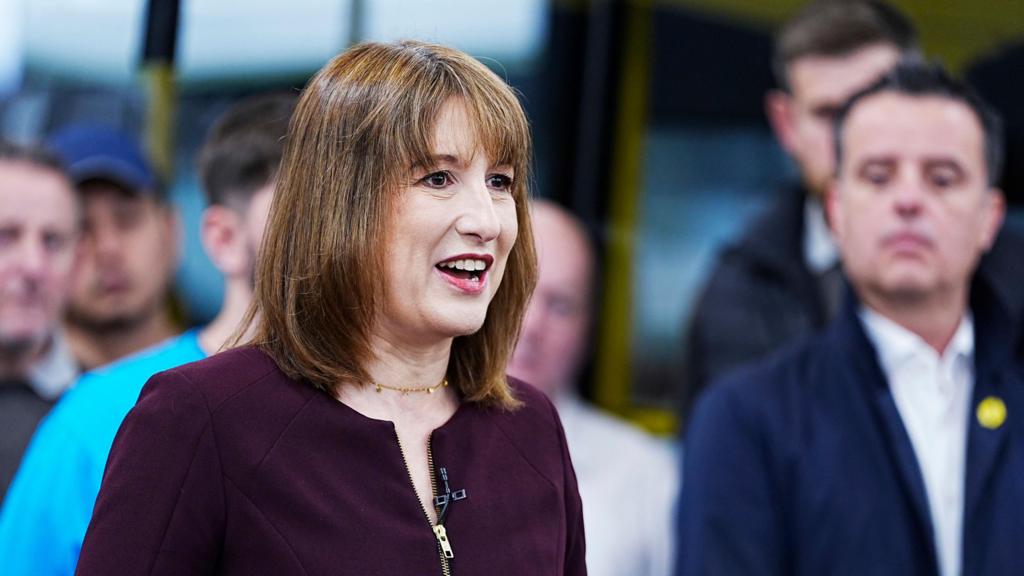Chancellor Rachel Reeves has defended her economic strategy, acknowledging that not all government departments will receive their full funding requests in the upcoming spending review.
Speaking in Manchester, Reeves revealed she rejected certain ministerial funding bids, framing the budgetary constraints as a consequence of economic realities. She emphasized her unwavering commitment to borrowing rules for public services, describing them as “non-negotiable” and a necessary response to the Conservatives’ economic mismanagement.
Reeves confirmed the reinstatement of winter fuel payments for some pensioners this year, following a government reversal on previously announced cuts. This decision marks a significant policy shift.
The government has stated that the spending review, scheduled for June 11th, will rigorously scrutinize all public spending. This review will determine departmental budgets for the next three years (operational) and investment budgets for the next four.
Whitehall sources predict a challenging review, anticipating inter-ministerial disputes over limited funds. During Prime Minister’s Questions, Conservative leader Kemi Badenoch criticized the government’s internal conflicts over budgetary allocations. Conversely, Labour leader Sir Keir Starmer commended the government’s economic decisions, citing positive growth figures and interest rate reductions.
Reeves’s commitment to avoiding increased taxation and additional borrowing for day-to-day spending suggests potential spending cuts. While she highlighted £40bn in previously announced tax increases and an additional £300bn for infrastructure projects due to accounting changes, she acknowledged internal friction over public service spending.
Despite a projected £190bn funding increase over the review period, Reeves confirmed that not all departments would receive their full requests, stating she personally rejected some proposals. This, she clarified, is not due to her fiscal rules, but rather the legacy of 14 years of Conservative economic mismanagement.
Shadow chancellor Mel Stride countered, blaming the government’s economic mismanagement for substantial tax increases and anticipating tough spending decisions in the upcoming review. The Institute for Fiscal Studies (IFS) concurs, warning of unavoidable difficult choices and potential spending cuts for some departments.
Reeves forcefully defended her fiscal rules while announcing a £15.6bn investment in English transport infrastructure, emphasizing her commitment to economic responsibility and social justice. She criticized Liz Truss’s mini-budget and warned against similar policies advocated by Nigel Farage, reaffirming her commitment to her non-negotiable fiscal rules, which she framed as reflecting economic reality.
Reeves also outlined plans to revise the Treasury’s Green Book, addressing criticisms of its regional bias and promoting investment in the North and Midlands. The £15.6bn transport investment package will focus on tram, train, and bus projects in mayoral authorities across these regions.
In a Q&A, Reeves confirmed expanded winter fuel payment eligibility this winter, detailing that the means test will be relaxed, with further specifics in the autumn budget. This follows a policy U-turn by Sir Keir Starmer after significant public backlash. The initial policy change resulted in over 10 million pensioners losing payments of up to £300.
Rachel Reeves confirms expanded winter fuel payments this year, though details remain limited.
Mayor Ben Houchen highlights projects like the Middlesbrough bus station redevelopment within the investment plan.
The government’s retirement savings overhaul aims to stimulate growth and increase pension pots.
Analysis focuses on potential winners and losers in the upcoming government budget allocation.
Some MPs advocate for increased taxes on the wealthy rather than welfare cuts.

